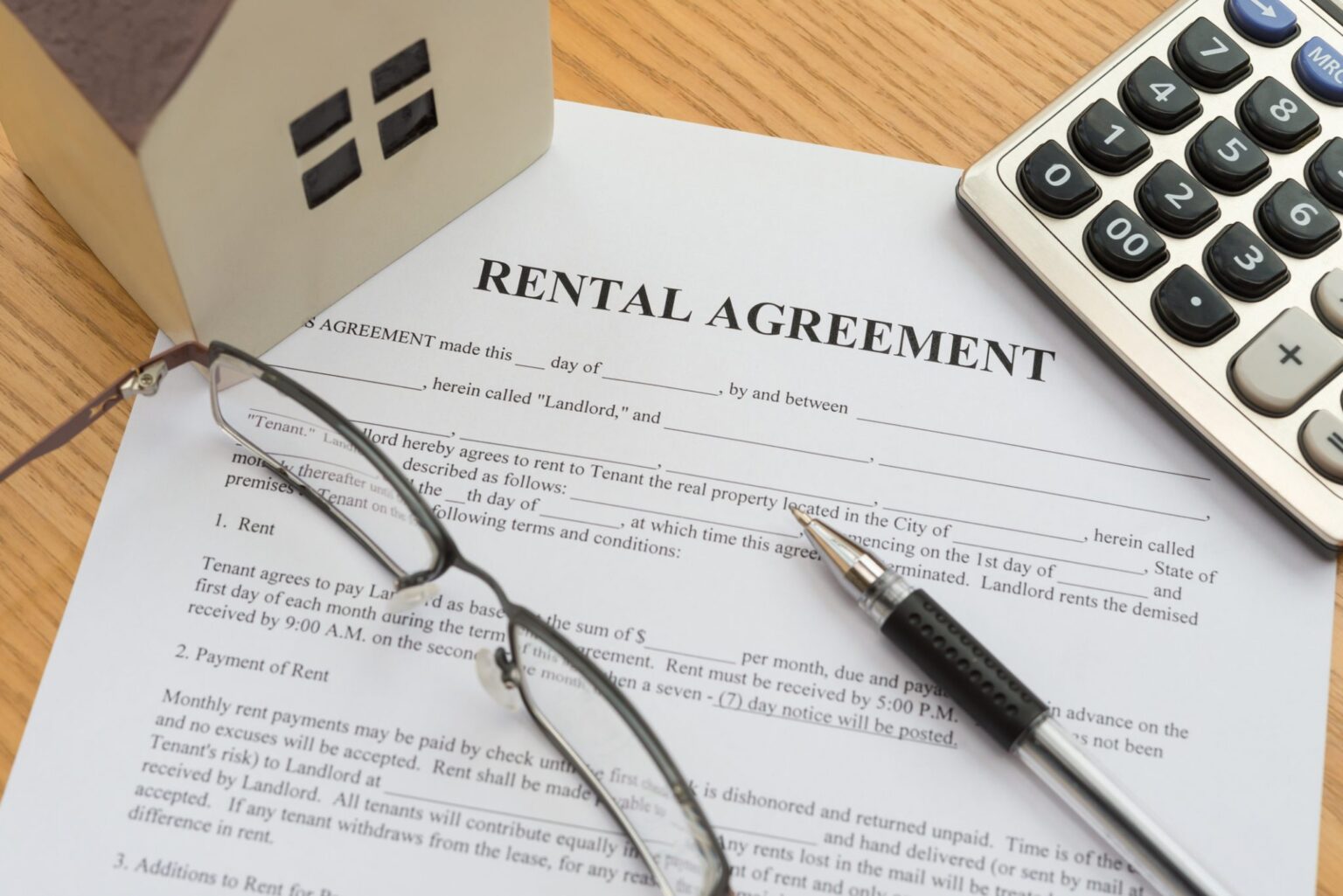There is one aspect of the soon-to-be enacted Renters’ Rights Bill that has been ignored so far but which has the potential to make landlords very nervous – Rent Repayment Orders.
Rent Repayment Orders (RROs) are the legal mechanism which enables tenants who discover they have been living in an unlicensed property to claim up to 12 months’ rent back.
Their relative obscurity means they are seldom employed and my research shows just 149 have been approved via the First Tier Property Tribunal system so far this year, or some 2,000 in total since they were introduced in their current form during 2016. They were initially launched in 2004 as a measure to be used by councils, and then extended to tenants as well.
They cover both HMO and selective licensing schemes and can, particularly in London where rents are high, be extremely expensive for landlords who have willfully, or by mistake, not licensed a property.
How does it work?
I’ll give you an example – a few weeks ago a landlord operating a rental property in Hammersmith, West London, was ordered to pay back nearly £34,000 to five tenants after failing to license his mouse-infested HMO.
The challenge for the sector is that most landlords have not heard of rent repayment orders and, perhaps more surprisingly, are not aware that their properties could be covered by licensing schemes.
But landlords facing RROs tend to fall into three categories – criminal ones who deliberately dodge licensing; unlucky individuals who are unaware about such schemes; and those who rely on inaccurate advice from their letting agent.
For all three types, if it can be proved that the property involved should have been licensed, will attract RROs although they will vary in their amounts.
Tribunal judges are given leeway when deciding the ‘fine’ based on a landlord’s culpability and track record. For example, a landlord who can prove their letting agency said the property didn’t need licensing, admits their mistake and whose property management has been exemplary is likely to pay much less than a slum landlord who tries to wriggle off the hook.
How will Labour’s Renters’ Rights Bill affect this?
So why am I mentioning all this? Labour’s Renters’ Rights Bill has two new measures that will make RROs more common, and more expensive for landlords.
Firstly, the Bill seeks to double the period of rent that can be claimed back from 12 to 24 months, and RROs will be extended from ‘licensing crimes’ to landlords who do not join the soon-to-be set up Housing Ombudsman, which will regulate disputes between tenants and private landlords.
The ombudsman who is expected to take over that role, Richard Blakemore, recently also called for RROs to be applied to landlords who ignore awards made by his organisation against them, and campaign group Acorn recently said a tenant whose landlord doesn’t fix damp and mould problems should be able to withhold rent until the problem is remedied.
You can see where this is all going – renters are being given more rights in a bid to ‘balance the power’ between them and their landlord and having rent withheld or having to repay it is one of the quickest and easiest sticks to use to make landlords more compliant.
What are the issues?
This may be true, but there are two problems in my view. The first is that innocent landlords who are unaware of either the existing licensing or new ‘ombudsman membership’ rules will face larger and larger fines running into thousands of pounds, while judges will tell them that ‘ignorance is no excuse’, as often already happens.
The other is that the Tribunal system is woefully unprepared for the large increase in activity that is likely to follow the Bill becoming law. RROs are not as straightforward as Section 13 Rent Reviews, and the decisions often run to dozens of pages and thousands of words with either side required to provide huge bundles of evidence.
A landlord facing a £70,000 RRO is unlikely to go quietly, employing lawyers to fight the case and therefore prolonging and complicating proceedings.
But those points aside, RROs will grow in number as will the number of firms who offer legal support, advice and counsel to tenants to make the claims and are often seen advertising online promising to ‘win’ them significant sums. If Labour’s measures within the Renters’ Rights Bill make it into the final legislation, then landlords will have to be much more vigilant when it comes to compliance in the future.

Rental agreement









